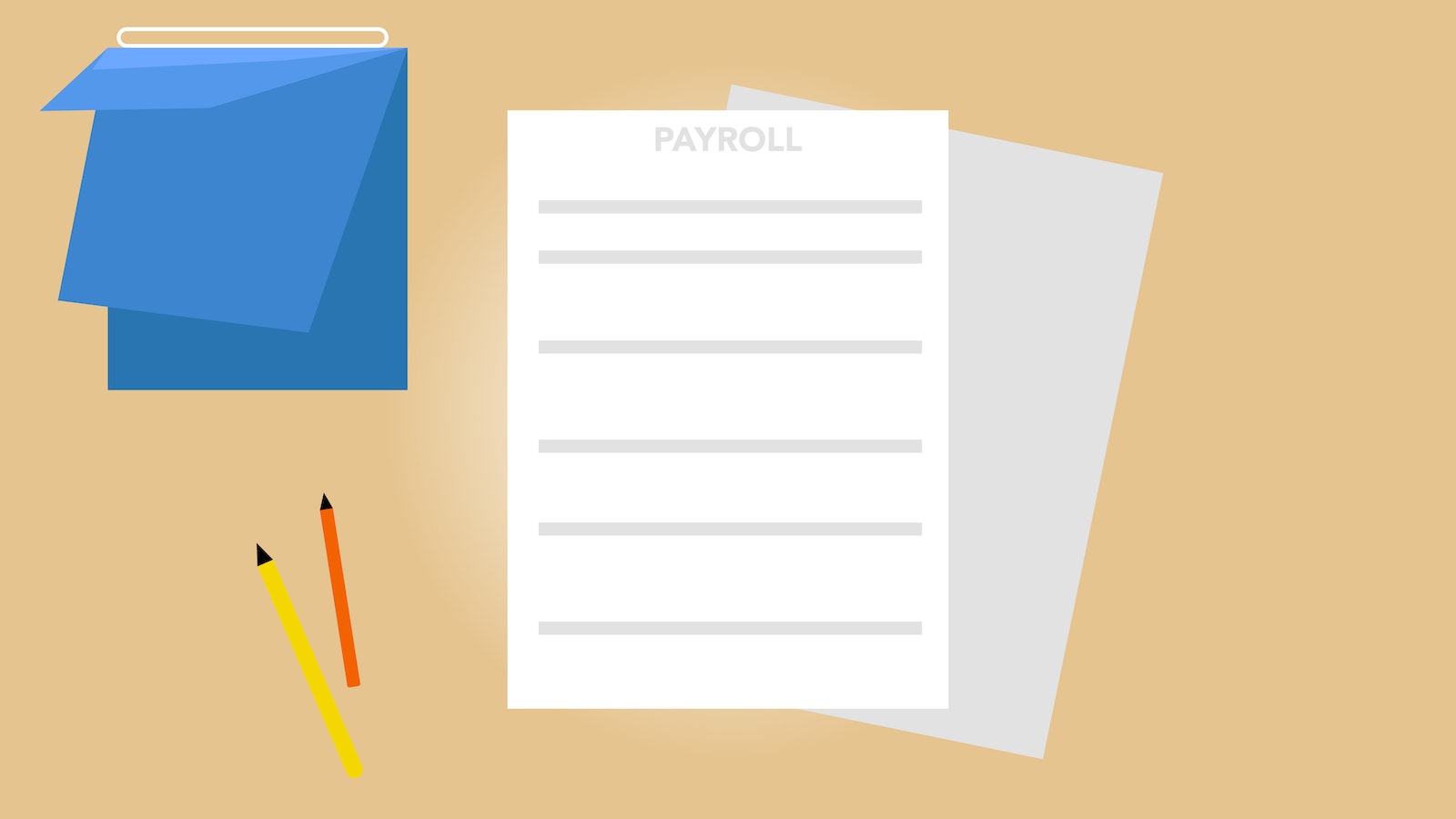Navigating the world of payday loans can be overwhelming, especially if you’re unfamiliar with the key terms and definitions associated with this financial option. In this article, we aim to simplify the payday loan landscape by providing a comprehensive list of essential definitions. Understanding these terms will empower you to make informed decisions when it comes to borrowing money in the form of payday loans.
1. Payday Loan
A payday loan is a short-term borrowing option that allows individuals to access small amounts of cash quickly. These loans are typically repaid in full, along with interest and fees, by the borrower’s next payday. Payday loans provide immediate financial relief for urgent needs, but they often come with high interest rates, making it important to use them responsibly.
2. Annual Percentage Rate (APR)
The Annual Percentage Rate (APR) is the interest rate charged on a payday loan over a year. It includes both the interest rate and any additional fees or charges associated with the loan. Understanding the APR is crucial to determine the total cost of borrowing and to compare different payday loan offers.
3. Loan Term
The loan term refers to the length of time borrowers have to repay the payday loan in full. It is typically a short period, ranging from a few days to a few weeks. It’s essential to carefully consider the loan term as it directly affects the total amount you’ll need to repay.
4. Direct Lender
A direct lender is a financial institution or lender that provides payday loans directly to borrowers without involving intermediaries. Dealing with a direct lender ensures a faster and more streamlined loan process.
5. Collateral
Unlike traditional loans, payday loans do not usually require collateral. Collateral refers to an asset that borrowers provide as security against the loan. Understanding that payday loans are unsecured can help borrowers make more informed decisions.
6. Default
Default occurs when a borrower fails to repay the payday loan within the agreed-upon terms. Defaulting on a payday loan can have severe consequences, including additional fees, damage to credit scores, and potential legal actions.
What Are the Key Definitions I Need to Understand Before Applying for a Payday Loan?
Before applying for payday loans, it is crucial to grasp key definitions to make informed decisions. Firstly, understand that payday loans are short-term, high-interest loans, usually due on your next payday. APR (Annual Percentage Rate) reveals the total cost you’ll pay annually, including fees. Lenders assess eligibility based on income, employment, and creditworthiness. Loan terms refer to the length of time to repay the loan. Lastly, loan fees include interest charges and additional costs associated with borrowing.
7. Rollover
A rollover occurs when borrowers extend their payday loan by paying only the interest or fees due, while the principal amount is carried over to a new loan term. Rollovers can lead to a cycle of debt, as borrowers accumulate additional fees and interest.
8. Regulation
Payday loans are subject to various regulations and laws, which vary by country and state. Understanding the regulations in your area can help you make informed decisions and protect yourself from predatory lending practices.
Navigating the payday loan landscape can be challenging, but understanding these key definitions will equip you with the knowledge necessary to make informed decisions. Remember to carefully read the terms and conditions of any payday loan offer and only borrow what you can comfortably repay.

Leave a Reply